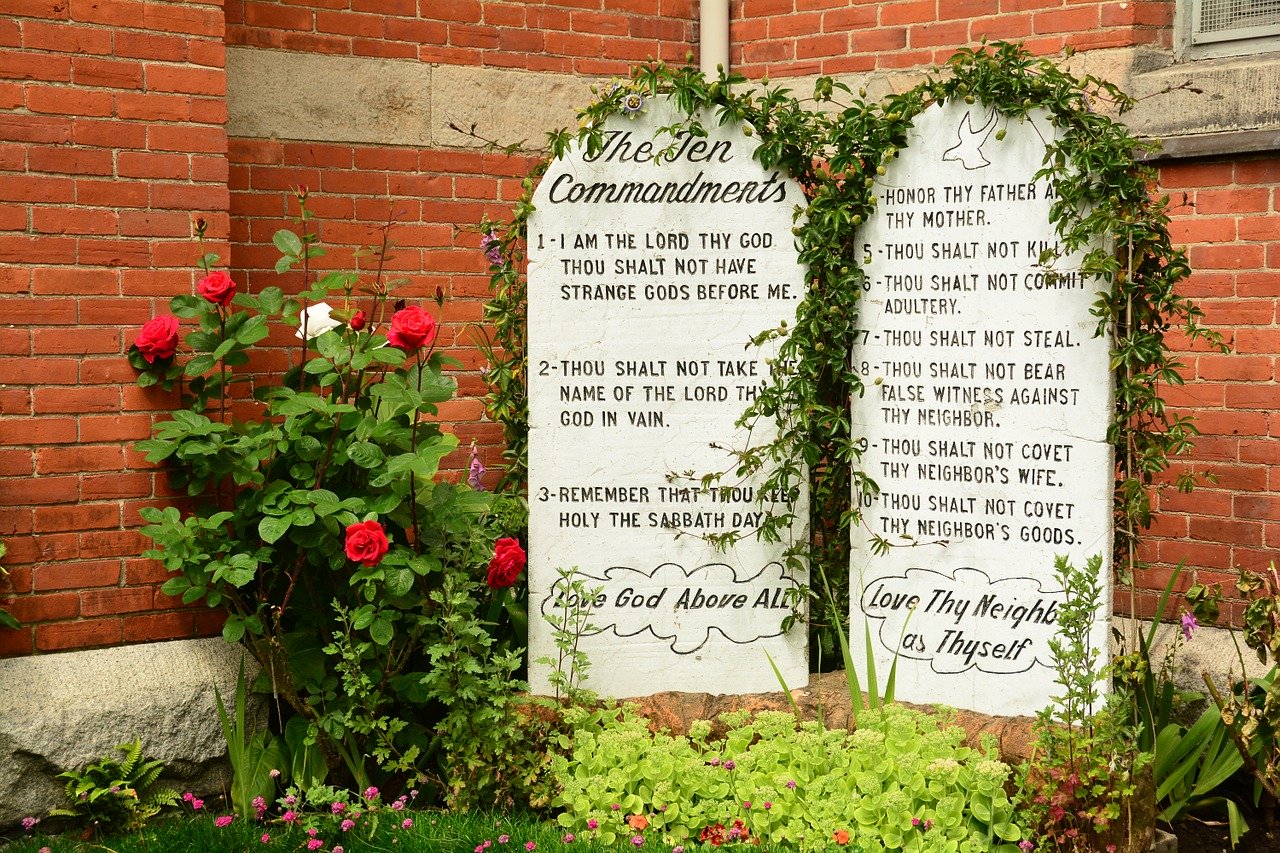Offerings and free-will giving differ in the motivation behind the giving. An offering is a donation given out of obedience to Biblical principles, usually as part of a church’s weekly service. On the other hand, free-will giving happens without an underlying expectation of reward. You give back simply out of kindness. No matter what form it takes, though, at the root of both offerings and free will giving lies an expression of love for God and gratitude for His goodness.

Table of Contents
- What is Free-Will Giving?
- A Quick Answer
- Free-Will Giving in the Bible
- Mosaic Roots of Free-Will Giving (Offerings)
- Conclusion
- Outsmart the False Teachers
What is Free-Will Giving?
I give offerings, not tithes. Is that considered free-will-giving?
A Quick Answer
The word offering is in Aramaic, which is the language Jesus spoke. It means to “give liberally; offer freely (willingly),” as the Hebrew Dictionary defines it. So giving offerings and free-will giving are the same. When you give a voluntary offering, you are engaging in free-will giving.
Free-Will Giving in the Bible
The Bible first mentions free-will offerings in Exodus 35:10-29. Here the LORD gave Moses instructions on how to build the Tabernacle. Moses told the Israelites what supplies were needed for the project. These items included the following:
- Silver
- Bronze
- Jewelry
- Acacia wood
- Onyx stones
- Fine yarn
- Tanned skins
- Oil
- Spices
Scripture says the people had a stirring in their hearts. As such, each person voluntarily gave what they could. The Lord received this type of freewill donation (Exodus 35:29).
Mosaic Roots of Free-Will Giving (Offerings)
A free will offering was a sacrifice regulated by the Mosaic Law (Leviticus 23:38). These offerings took the form of an unblemished goat, sheep, or bull with no defects. Additionally, the Israelites were forbidden from purchasing these animals from foreigners (Leviticus 22:17-25).
These offerings also included a mixture of flour, oil, and wine. The amount of this offering depended on whether the sacrifice was a ram, bull, or a lamb (Numbers 15:1-10).
God chose the place where the Israelites would engage in their free-will giving. None of the locations were at home or areas other religions used. That was standard practice for all the sacrifices (Deuteronomy 12). In most cases, Israelites made their voluntary offerings during the required feast days. However, they give at any time (Deuteronomy 16:10).
There was another distinction between these voluntary offerings and other offerings. For example, priests were allowed to eat free-will offerings on and after the day it was sacrificed (Leviticus 7:16-18)
Hold up! Get your questions about paying tithes answered in this informative post I wrote.
Conclusion
Free-will giving is a choice. You can choose what to give, how to give, when, and to whom you give. In the New Testament, Christians are encouraged to engage in free-will giving, specifically, Spirit-led giving in which God’s Spirit leads you to make the right choices regarding your giving. Furthermore, free-will giving replaced the practice of tithing.
If you’re being pressured, coerced, or manipulated into giving an offering, it is not free-will giving because you are being led to give against your will.
Outsmart the False Teachers

Discover the hidden truth about tithes the prosperity preachers don’t want you to know.👉👉 Click here.









